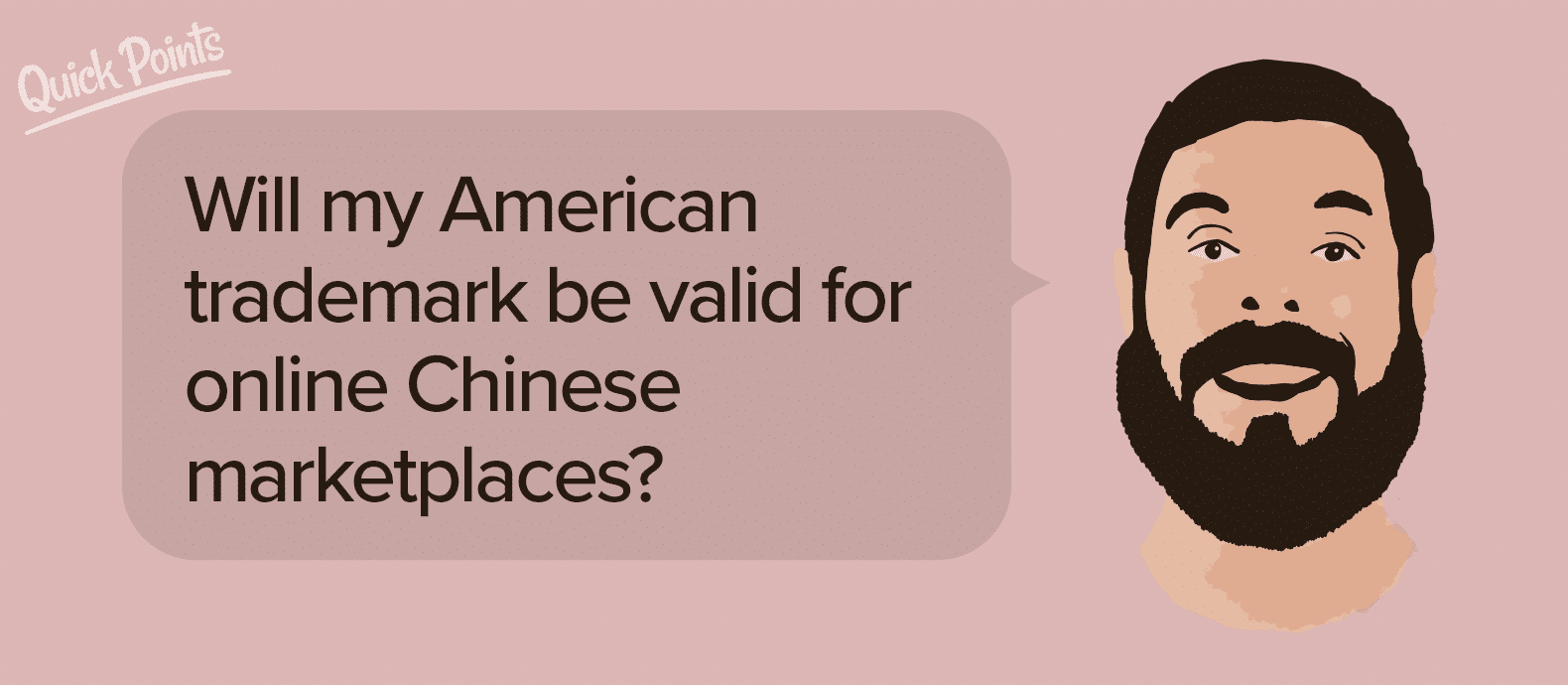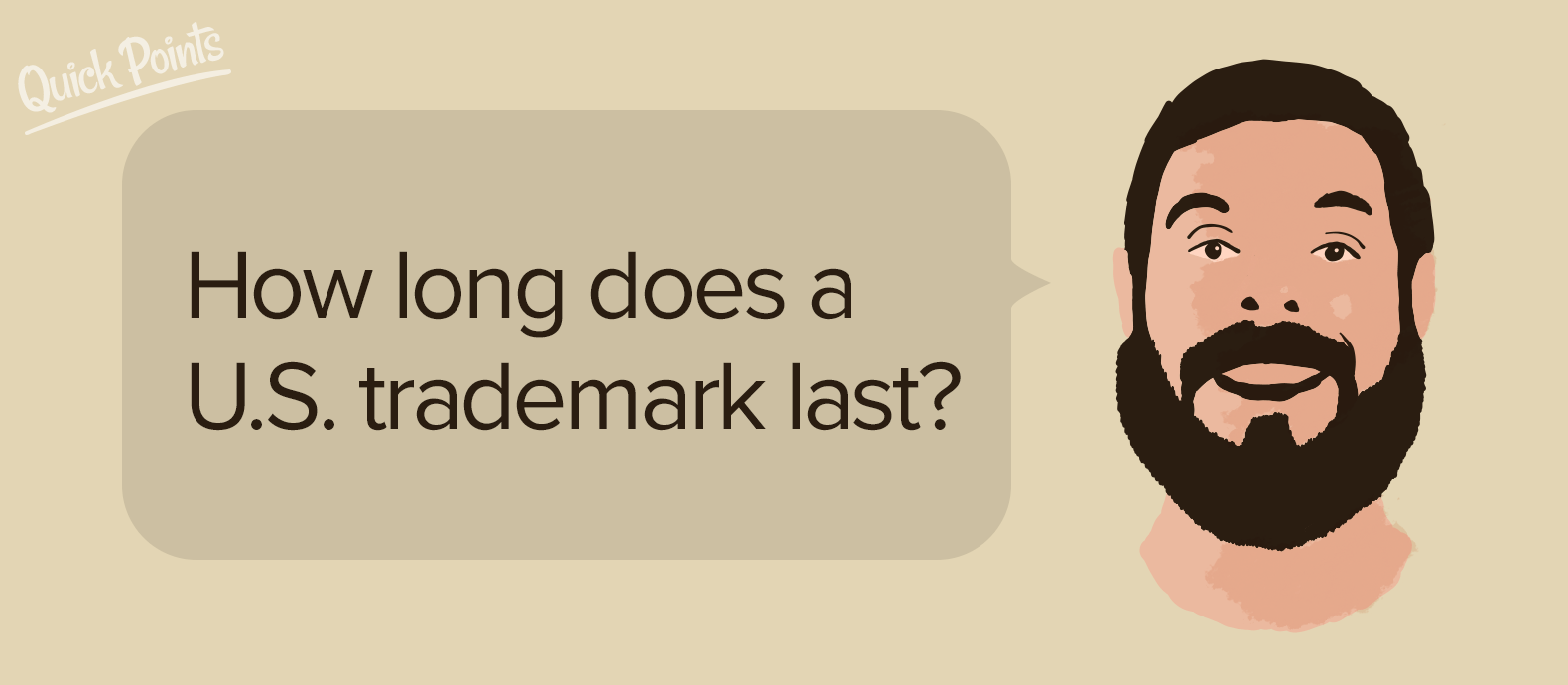If you’re asking this question, there’s a good chance you’re finding counterfeit products in online marketplaces based in China. Since some of these websites have their own policies, the answer varies depending on which site you’re finding the counterfeits.
A trademark is specific to the national territory it is registered in. This is where the difficulty of finding counterfeits on Chinese websites starts. Registering your IP in the US doesn’t necessarily mean it’ll be protected internationally.
A number of marketplaces, specifically some within the Alibaba group, and DHgate do let you upload your IP rights, with tools on their website to help with the process. It can be a quick win for brands starting to sell in China, but only as a first step.
Some Chinese marketplaces require specific Chinese IP rights to be registered. This is bad news, but it isn’t the end of the world. The next step if you’re in this situation is to get your IP registered in China. I won’t lie, it’s a long process, but it’s absolutely necessary for protecting your IP on some of these Chinese websites.
And even if you are on the websites that take US IP rights into account, but you’re planning on doing business in China long-term, you should really register your IP there. The process of litigation is incredibly difficult without it.
Finally, if you have plans to enforce your IP offline, perhaps in Chinese courts, then you’ll definitely need Chinese-registered IP. There is 100% no way around it in this instance.
Further reading
- A simple guide to intellectual property in China
- How to remove counterfeits from DHgate
- How to remove a counterfeit from AliExpress
- How to report a counterfeit on Taobao
- How to remove a counterfeit from JD.com
- Managing distributors and agents in China
- Alibaba Group IP protection platform
- DHgate IPR Management Standards
Have an IP-related question regarding to online platforms? Submit your question for Bruno in the form below and your question may be the next we answer for Quick Points!






